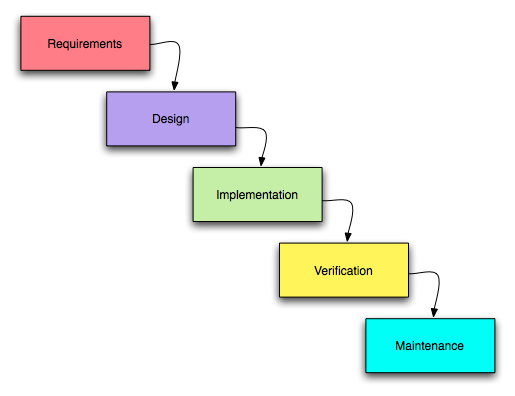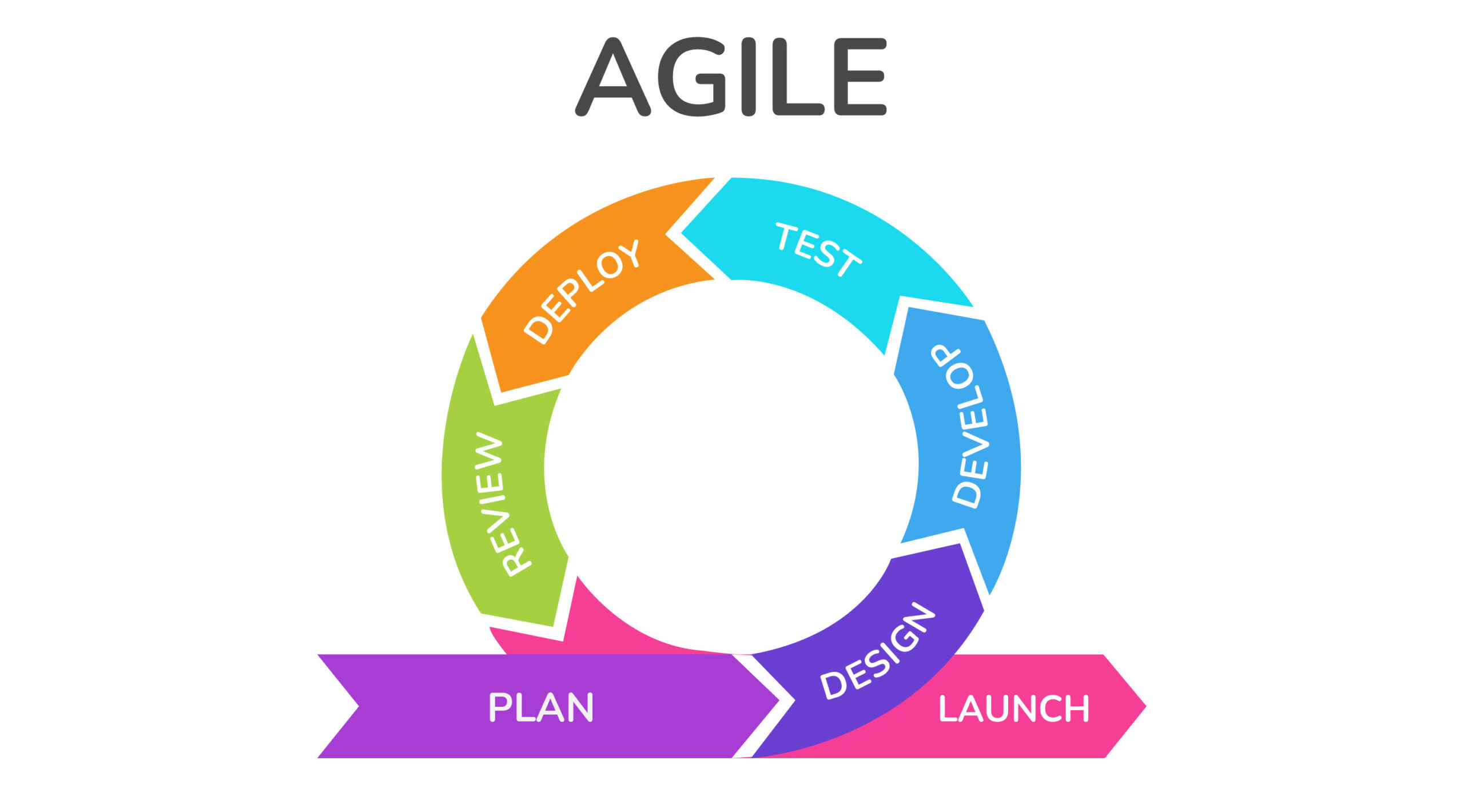Key Roles in an Agile Team
 Sofiane Boumelit
Sofiane BoumelitIn the last article, we discussed how IT can address a need in the banking sector. We outlined a high-level case and explained the value that a customized system could bring to a bank compared to an on-premise solution using an internal development approach.
Now that we've secured the project, the next step is forming a team. But first, let's discuss the approach to effectively managing this type of project.
In the early days of the industry, companies adopted the waterfall methodology to manage projects. This approach consists of multiple sequential steps, where each phase begins only after the previous one is completed—hence the name "waterfall".

The fixed scope and lack of flexibility, which can lead to increased costs, pushed various industry players to consider a new model. This model would address both functional and technical needs, increase productivity, and reduce costs by providing the necessary flexibility to allow iterations and modifications throughout each phase of the software development cycle, hence the name "Agile".

Of course, you can't discuss a new methodology without introducing new roles. On the functional side, the Product Owner (or Functional Analyst) is the central role around which everything gravitates. Acting as a bridge between stakeholders and the development team, the Product Owner is responsible for defining the product vision, managing the product backlog, and ensuring that the final product meets user needs and aligns with business goals. The PO has a deep understanding of the market, the customer, and the business, and uses this knowledge to prioritize features and guide the development process.
On the technical side, the DevOps role is essential. In my opinion, no organization can truly claim to be agile without this role in place. Why?
DevOps is often seen more as a methodology than a specific role. However, its application can differ based on company size; in smaller setups, a software developer might handle these duties, while in larger organizations, it might be a distinct role. Fundamentally, DevOps promotes collaboration between development and operations teams to automate and streamline software development and deployment processes. This results in considerable time savings, aiding in meeting deadlines, which, as mentioned before, is one of the main reasons companies have sought out this new approach.
As always, feel free to ask questions or share your experience on the subject in the comments. Until next time, keep being curious, exploring, and learning!
Subscribe to my newsletter
Read articles from Sofiane Boumelit directly inside your inbox. Subscribe to the newsletter, and don't miss out.
Written by

